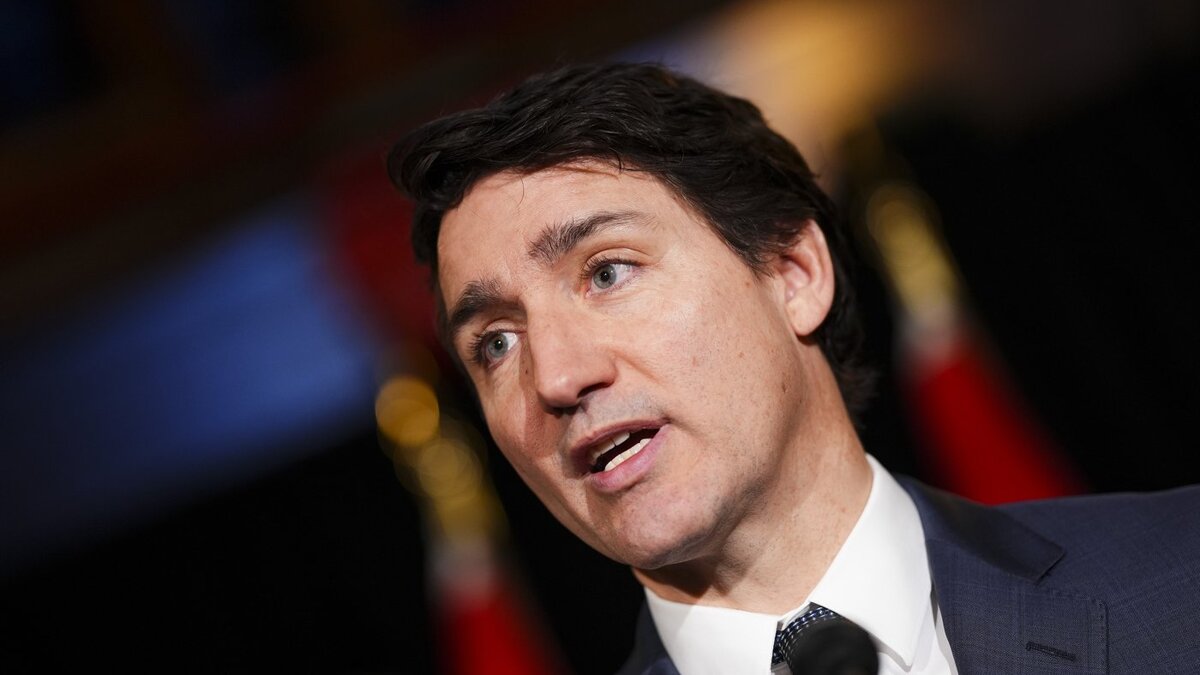Correct me if I’m wrong, but for things that are made in both Canada and the US, if you increase demand for the version made in Canada, your country benefits, while hurting the US, since less is sold, so less money earned. Citizens are the ones paying tariffs anyway
It also hurts every other exporter instead of just USA, so it’s pissing everyone off.
One problem is that a lot of manufacturing has left Canada. So, with an increase in demand for Canadian products, it would take a while to ramp up production. Most likely what will happen is that we would just import more from other countries (most likely China). And, then, much like what happened after the government injected cash into the economy during the pandemic, we’ll suffer more inflation than what is healthy for Canada.
If we had the manufacturing capacity to be self sufficient (oil refinement and gasoline production is a big one that we let USA do), then your idea might work.
However, I don’t think that Canada’s purchasing power (on an individual consumer level) is strong enough to put a dent into USA manufacturing sales… Our population is only approx 1/10th that of the USA.
The thing is: It’d be too roundabout to have the desired effect or message. Subsidies and tax incentives are good tools for strengthening your economy and lessening your dependence on exports, but they’re not really going to create the kind of sharp downward curve on sharesholders’ graphs that’d be considered retaliation.




